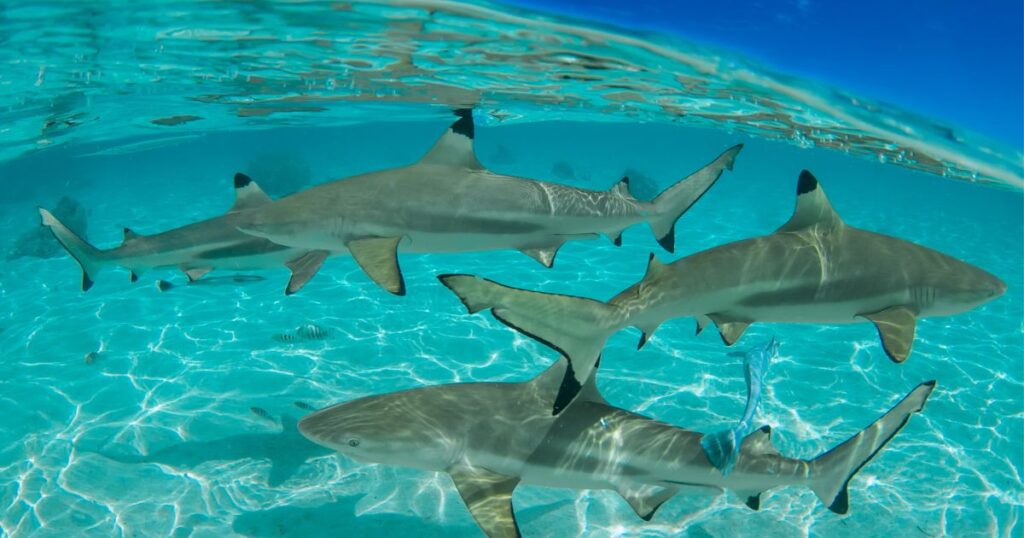Enviromental News
Migratory Species Decline: The Effects of a Slowing AMOC.
The global decline of migratory species as reported in The Convention on the Conservation of Migratory Species of Wild Animals (CMS) requires international attention. A recent United Nations report highlights a decline that transit country boundaries by air, land, and sea.
Nearly half of the world’s wildlife population is threatened due to various conditions like habitat loss, illegal hunting, pollution, and the impact of climate change. Species, which include songbirds, sea turtles, whales, sharks, and an assortment of terrestrial animals are impacted. Many of these animals rely on moving between geographic habitats. In some cases separated by thousands of miles, for feeding and breeding.
International Efforts to Protect Migratory Species and Their Habitats.
Approximately 44% of the global wildlife population is experiencing a decline. Over a fifth of endangered species face the risk of extinction. The United Nations report stresses the importance of wildlife protection by preserving migration routes and resting sites for species survival. In addition, conservation efforts need to be collaborative and international. No single country can tackle it alone.
A recent U.N. wildlife conference discussions proposed conservation measures that include adding new species to the list of migratory species in need of attention and protection. For example, governments from South America are suggesting inclusion of two declining Amazon catfish species to the list. Emphasizing the need to protect Amazon River basin habitat. The U.N. report follows government commitments made in 2022 at the U.N. Biodiversity Conference in Montreal, Canada to conserve 30% of the world’s land and water resources.
The Influence of Climate Change on AMOC. Potential Consequences for Migratory Species.
A recent study by researchers from Utrecht University, published in Science Advances, shows how climate change is impacting the Atlantic Meridional Overturning Circulation (AMOC). Critical to maintaining existing global temperatures, the AMOC oceanic water circulatory system plays a critical role in regulating Northern Hemisphere temperatures and precipitation. Changes in water temperatures and weather patterns impact global ecosystems for all migratory species.

The Science Advances publication suggests that prolonged climate change pressure could push the AMOC to a tipping point where circulation dramatically slows down or changes. Under this scenario significant cooling in the Northern Hemisphere, particularly in Europe will occur. Conversely, the Southern Hemisphere would experience a slight warming which could also negatively impact species migration. The study indicates that European temperatures might drop by up to three degrees Celsius per decade under such circumstances.
Although these findings are concerning, the study emphasizes that an immediate collapse of the AMOC is not likely. Andrew Watson, a Royal Society Research Professor at the University of Exeter, underscores that the collapse scenario required extensive simulation over 1700 years and significant pressure. This suggests there is still time to address climate change and potentially mitigate its impact on migration.
EcoCentricNow Advocates for Eco-Friendly Solutions
ECN distributes LED property lighting, LED flashlights, LED safety equipment, batteries, and associated accessories. Our product catalog contains merchandise that serves a variety of environmental stewardship objectives including reduced energy consumption, eco-friendly packaging, longevity of use, and product recycling. Contact EcoCentricNow LLC and see how we can support your company or organization.
References:
Nearly half of the world’s migratory species are in decline, UN report says | AP Newshttps://www.indy100.com/science-tech/atlantic-ocean-could-collapse-2667268671

